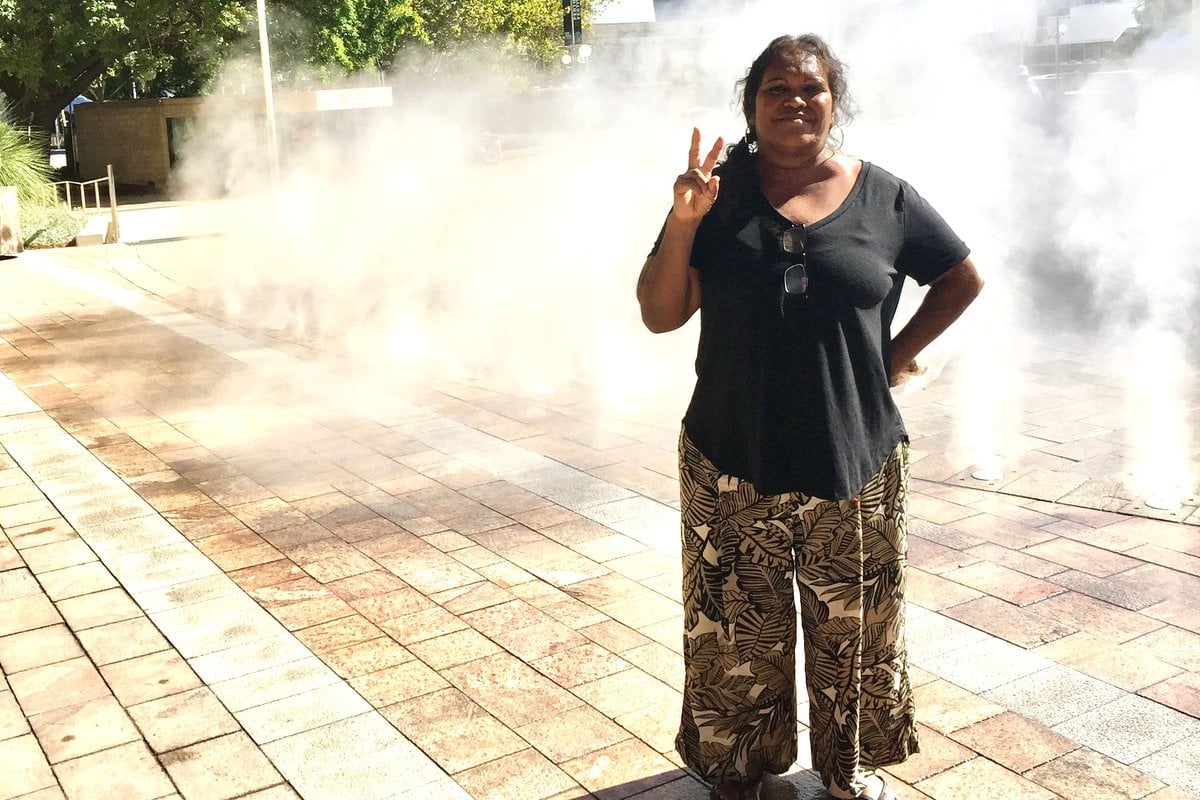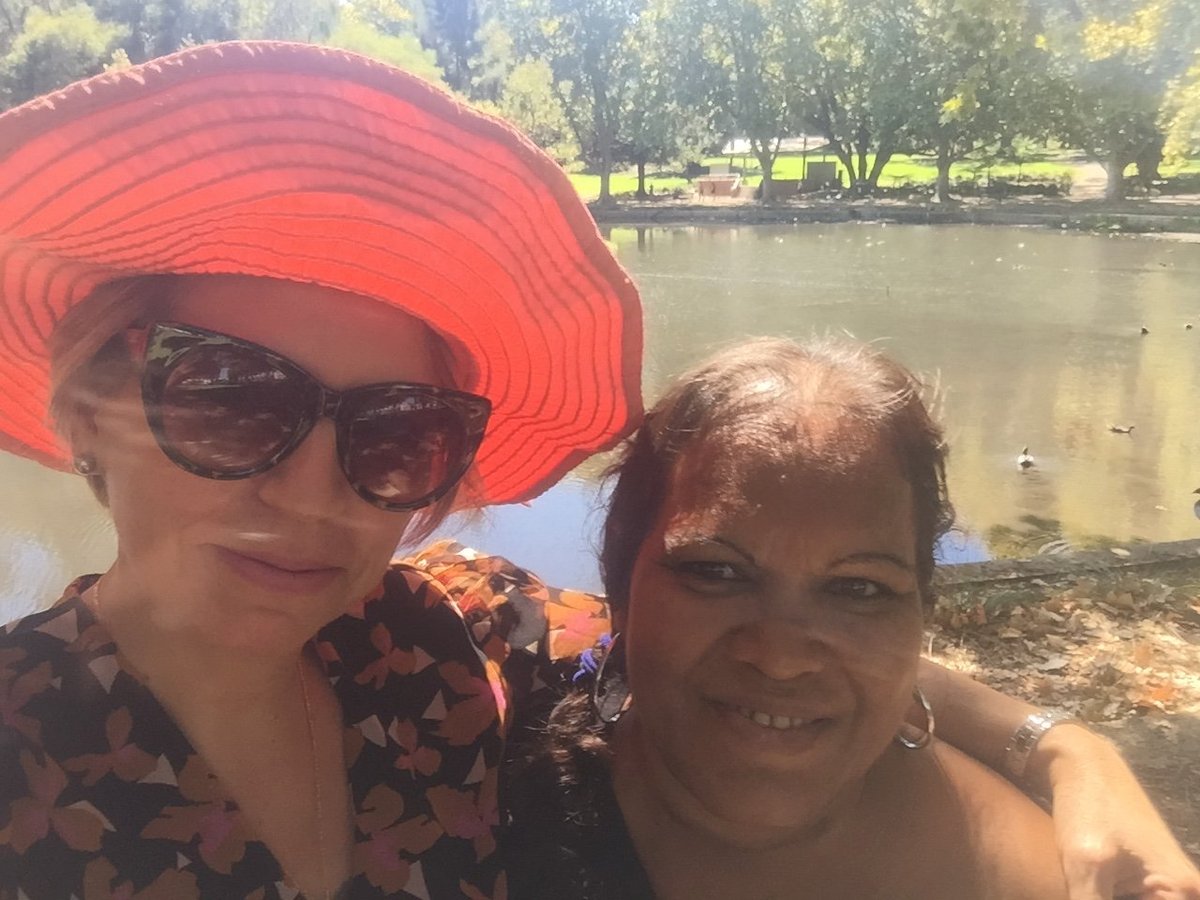
Warning: This story contains names of Indigenous people who have died and details of murder and domestic violence.
At first glance, it's an open and shut case.
On the afternoon of June 13, 2015, while attending a birthday party at a house in the Nulleywah Aboriginal community in Kununurra in Western Australia, child care worker Jody Gore and her ex-partner Damian Jones got into a heated argument.
Jones, who had been drinking elsewhere before he arrived at the house, asked Gore for money so that he could join in on the card game she and her friends were playing. Gore, who was also drinking, complied. Once the money was gone, Jones asked for more. This time, Gore refused.
Incensed, he punched her. She punched him back.
Sometime during the altercation, Gore fell. She looked up at Jones and, seeing him staring at the ground, believed he was going to pick up a rock and strike her with it. She ran to her bag and pulled out a vegetable knife that she carried around with her.
As they fought, she stabbed him once in the chest.
Jones collapsed. Ambulance officers attended the scene but he could not be revived.
A 12-person jury rejected Gore's claim that she had been acting in self-defence and found her guilty of murder. Justice Lindy Jenkins sentenced her to life in prison, with a non-parole period of 12 years.
"There is far too much drunken violence in the Kimberley," Justice Jenkins said as she handed down the sentence.


Top Comments